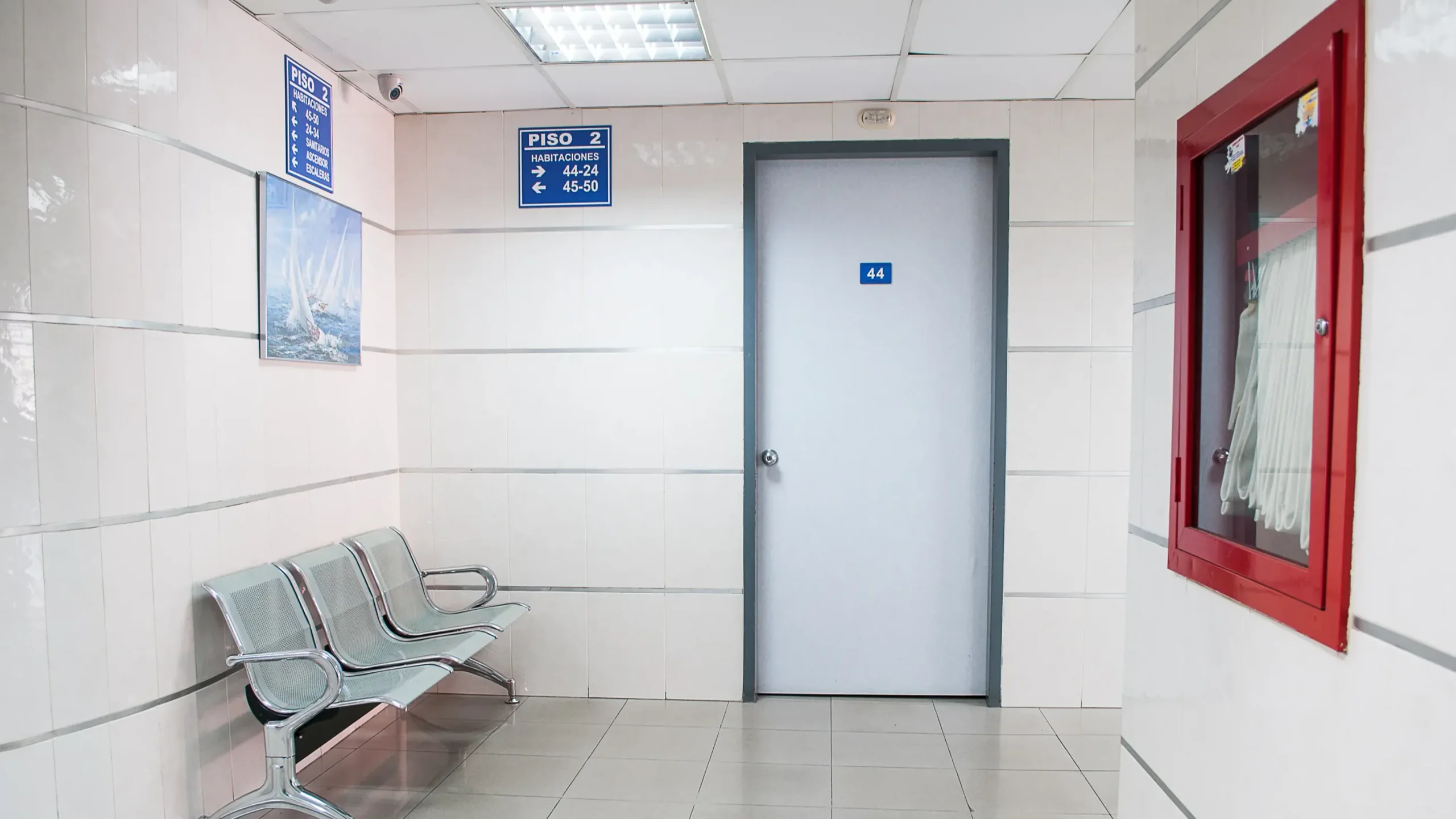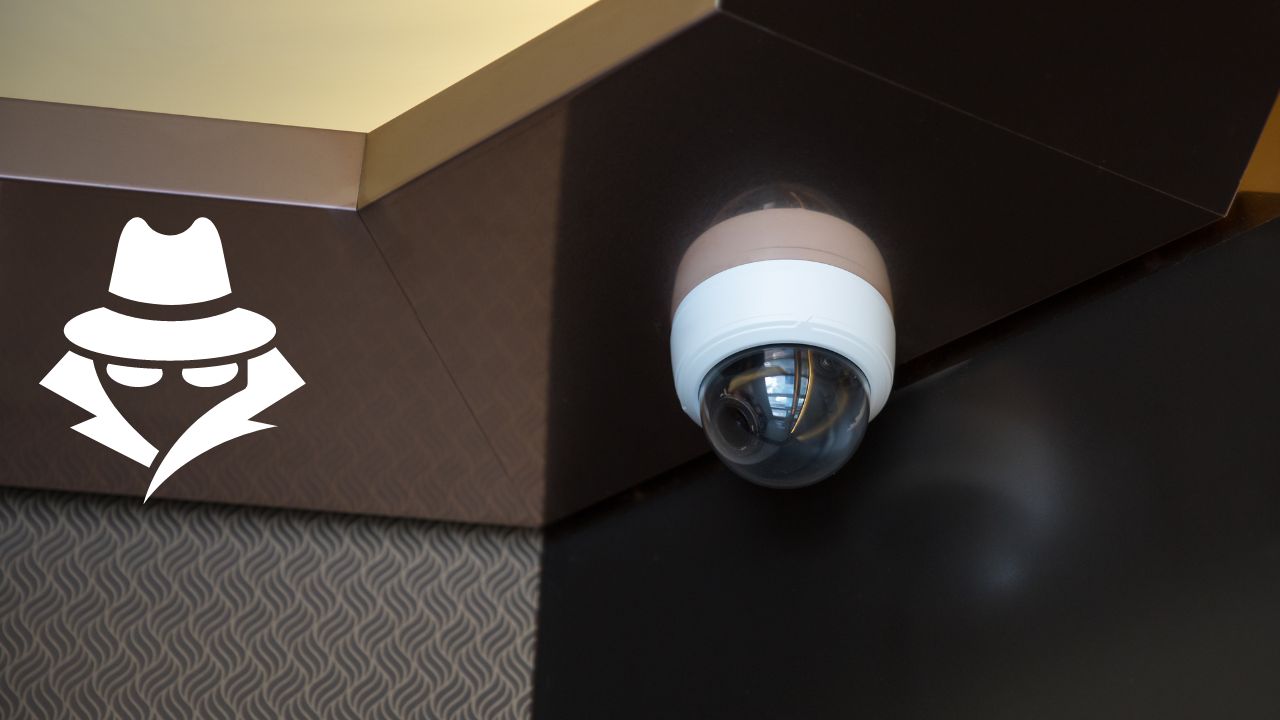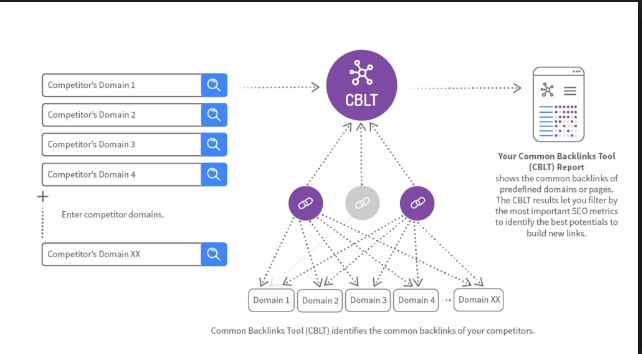When stepping into an elevator, have you ever questioned, “Is there a camera here? Is it monitored continuously?“
The answers hold implications for personal safety, evidence in case of incidents, and individual privacy rights, leading to potential anxiety and misconceptions.
In this article, I want to clarify whether elevators typically contain cameras and if these devices are monitored 24/7, offering a clearer perspective on the role and extent of elevator cameras and their monitoring.
Let’s get started –
Are elevator cameras monitored 24×7?
The specific details of elevator camera monitoring can vary by US state, local, and property regulations. However, there are few instances where certain companies, likely due to safety and emergency reasons, have mentioned 24/7 monitoring.
That being said, elevator cameras are generally implemented to serve a legitimate business purpose and to avoid intruding into an individual’s reasonable expectation of privacy.
They are usually installed at a high vantage point and often only record video, as audio recordings could go against wiretapping laws.
Do elevators have cameras in hotels?
Many hotels have installed cameras in their elevators as part of their broader security measures. This practice helps to deter crime and maintain guest safety.
While cameras are vital for security, several privacy concerns arise. Conversations cannot be recorded due to wiretap laws, and any such surveillance system requires proper signage to disclose its presence.
Do hospitals have cameras in elevators?

Like hotels, hospitals often have cameras installed in their elevators—these surveillance systems aid in protecting the hospital’s staff, patients, and assets.
Hospitals are HIPAA-compliant entities, so their surveillance policies are designed to prioritize patient privacy without compromising security. However, concerns have been raised around potential invasions of privacy, emphasizing the importance of compliant usage of these cameras.
Do schools have cameras in elevators?
Many schools implement surveillance cameras as a security measure to monitor activities and enhance student safety.
These surveillance systems sometimes extend to elevators, depending on specific school policies and state regulations.
Schools need to ensure that their policies comply with federal privacy laws, such as the Family Educational Rights and Privacy Act (FERPA) and the Protection of Pupil Rights Amendment (PPRA).
While using cameras in schools, including elevators, can improve safety and security, it raises concerns about student privacy.
Schools must balance the need for a secure environment with the privacy rights of students, following appropriate guidelines and regulations to ensure legal compliance.
Clear communication with parents about surveillance policies and justification for their implementation is essential for maintaining trust and transparency.
Do apartments have cameras in elevators?
Many apartment buildings have surveillance cameras, including in elevators, as part of their security measures. Tenants must be informed about the presence of these cameras and the areas they cover.
The main goal of cameras in apartment elevators is to deter crime and enhance the safety of the building’s residents. The camera systems should be visible, and tenants should be notified of their existence.
Do elevator cameras have audio?
While it is technologically possible for elevator cameras to have audio recording capabilities, using them is a different story. As reaffirmed by FindLaw, elevators’ cameras typically only record video, not audio.
The legal issues surrounding audio surveillance are complicated. According to UpCounsel, laws regarding audio surveillance vary by state, with some states requiring consent from one party involved in the conversation and others requiring all-party consent.
Generally, the surreptitious interception of wire, oral, or electronic communications is against federal law.
Are there any Cameras in elevator laws that exist in the USA?
Various state and federal laws govern the legality of elevator surveillance. Generally, elevator cameras must serve a legitimate purpose, and their use must be disclosed to the public. Additionally, they must not intrude upon a person’s reasonable expectation of privacy.
The key privacy concern with elevator surveillance is the violation of a person’s reasonable expectation of privacy. Failure to comply with video and audio surveillance regulations could result in legal consequences such as fines and lawsuits.
Final Thoughts
Now that you know your rights, it’s time to spread the word.
And the best way you can do this is by sharing the article with your friends online.
Also, if this helped, explore my other posts to learn more about privacy and security topics.



